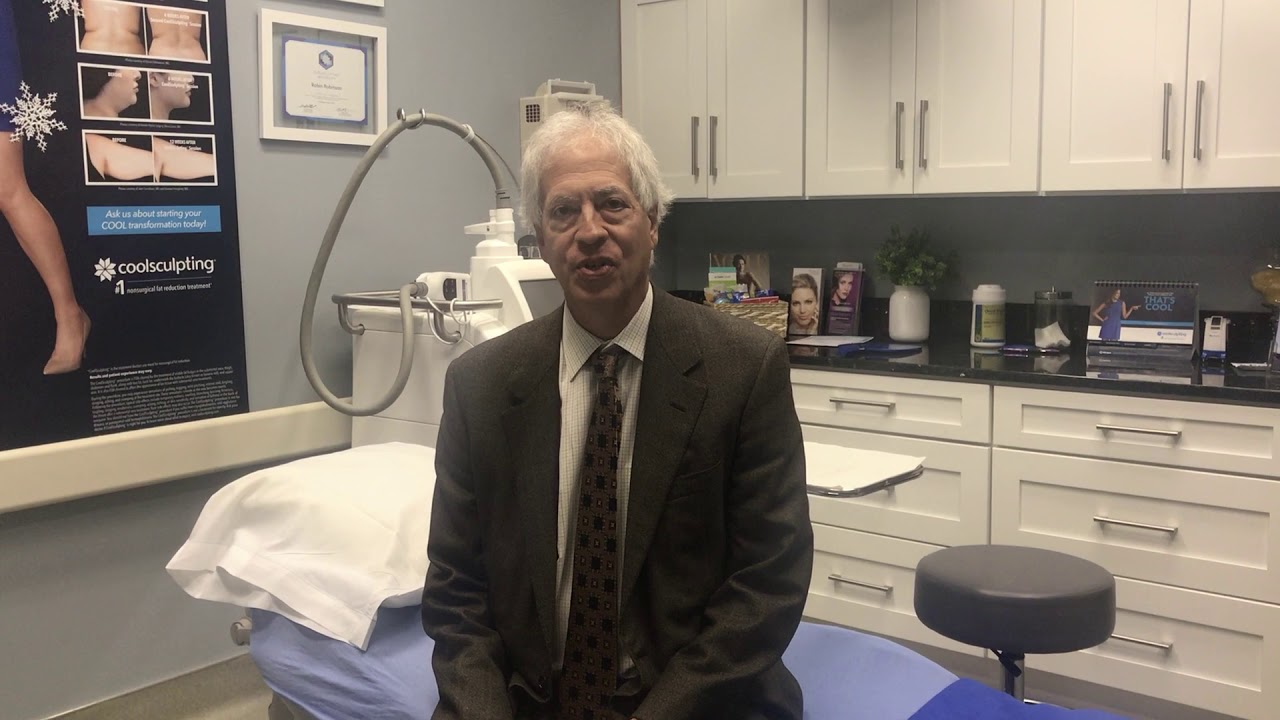Introduction
Breast reduction surgery has gained popularity among women for a variety of reasons, from aesthetic preferences to alleviating physical discomfort. However, the decision to undergo this surgical procedure is a significant one that should be made after careful consideration. Dr Lawrence Gray emphasizes several crucial aspects to ponder before opting for breast reduction surgery.
Your Body and Your Health: A Holistic Assessment
Before embarking on the journey of breast reduction surgery, it’s essential to gain a clear understanding of your body and your overall health. Your ability to heal from the surgery, potential risks, and expected outcomes are closely linked to your general well-being. Engaging in a thorough discussion with your physician about your health history, any existing medical conditions, and lifestyle habits such as smoking (which can impact wound healing) is crucial. A comprehensive assessment of your health will guide you in making an informed decision.
Understanding the Breast Reduction Procedure
Breast reduction surgery is designed to remove excess breast fat, glandular tissue, and skin, achieving the desired breast size in proportion to your body. Like any surgical procedure, breast reduction carries potential risks, including infection, bleeding, anesthesia-related complications, and the possibility of less-than-ideal aesthetic results.
Recovery from breast reduction surgery can take several weeks, during which you may need to wear specific supportive garments and limit certain physical activities. It’s crucial to have a clear and realistic understanding of the cosmetic outcomes, including potential scarring and changes in nipple sensation. An open and candid discussion with your surgeon about these aspects is vital for managing expectations.
Long-Term Implications of Breast Reduction
If you plan to breastfeed in the future, it’s essential to discuss this with your surgeon beforehand. While many women can breastfeed after a reduction, the procedure could potentially affect your ability to do so. Additionally, breast reduction surgery typically does not interfere with mammograms, but it’s essential to communicate your concerns and ask for guidance from your healthcare provider.
Maintaining a stable weight before surgery is crucial, as significant weight fluctuations afterward can impact the results. It’s important to recognize that aging will naturally cause some degree of breast sagging over time, whether or not you undergo breast reduction surgery. Understanding these long-term implications can help you make an informed decision and manage expectations regarding the outcomes of the procedure.
Conclusion
Dr Lawrence Gray emphasizes the importance of thorough consideration and informed decision-making when contemplating breast reduction surgery. Your body, overall health, and understanding of the surgical procedure are all vital factors in ensuring a successful and satisfying outcome. By discussing these aspects with your healthcare provider and setting realistic expectations, you can confidently move forward with breast reduction surgery, knowing that you have made an informed choice that aligns with your goals and well-being.


